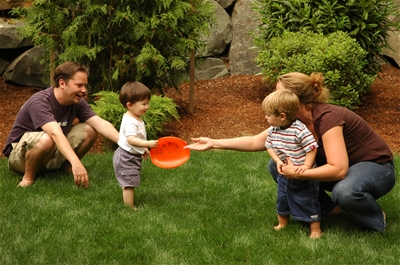Ranch Ehrlo Society has established unique cultural programming to expose youth to a variety of cultures, traditions, and practices in efforts to further their understanding of themselves and the world around them.
Staff and students from Schaller School and the transitional and in-town schools had the opportunity to participate in a voluntary sweat, pipe ceremony, and feast at the Pilot Butte campus on Friday, Oct. 18th.
“A sweat is a purification ceremony of mind, body, and soul,” explained Tim Poitras, cultural coordinator at Ranch Ehrlo Society. “The sweat lodge ceremony is therapeutic in nature and gives participants (aboriginals and non-aboriginals) a sense of identity.”
 *Out of respect for cultural beliefs and traditional practices, photos are not permitted during traditional sacred ceremonies.
*Out of respect for cultural beliefs and traditional practices, photos are not permitted during traditional sacred ceremonies.
Elder/Knowledge Keeper Lori Poitras from Carry the Kettle First Nation and Elder/Knowledge Keeper Pat Sparvier from Cowessess First Nation facilitated the female sweat, while Elder/Knowledge Keeper Keith Ryder from Standing Buffalo First Nation conducted the Pipe Ceremony and one of the male sweats. Elder/Knowledge Keeper and cultural coordinator Tim Poitras from Muscowpetung First Nation also led a sweat for the male staff and students.
“I’m more than impressed with how patient the youth were, how they were able to listen, and how they participated in the ceremony,” said Tim. “I’ve had very positive feedback from those who participated.”
The sweat lodges were brought to the Pilot Butte campus, and come from the Dakota, Lakota, and Nakota perspective and philosophical worldview.
Because this was the first sweat, pipe ceremony, and feast to be had at Ranch Ehrlo in many years, staff and students were taught about the traditional customs and practices of the First Nations people prior to participating in the day’s events.
Tim said the voluntary ceremonies help give youth an understanding of the First Nations’ teachings so that youth can better themselves and make the right choices in life.
“My overall goal here as a cultural coordinator is tied to three simple values: to teach them prayer; to teach them that just because we come from nothing doesn’t mean we have to be nothing; and to teach them that when they go back to their homes or environments, they can use prayer to help them through the difficult times.”
Through these ceremonies youth attain a sense of identity and validation that they may have been deprived of at home, said Tim.
“This is formal education creating awareness and helping all the participants understand and respect the ceremony, themselves, and one another.”
Tim is working to incorporate traditional ceremonies into other Ranch programs (including the WINGS program, Community Vocational Education Program, and Family Treatment Program) on an ongoing basis.
For more information contact Tim Poitras at (306) 781-1828.


